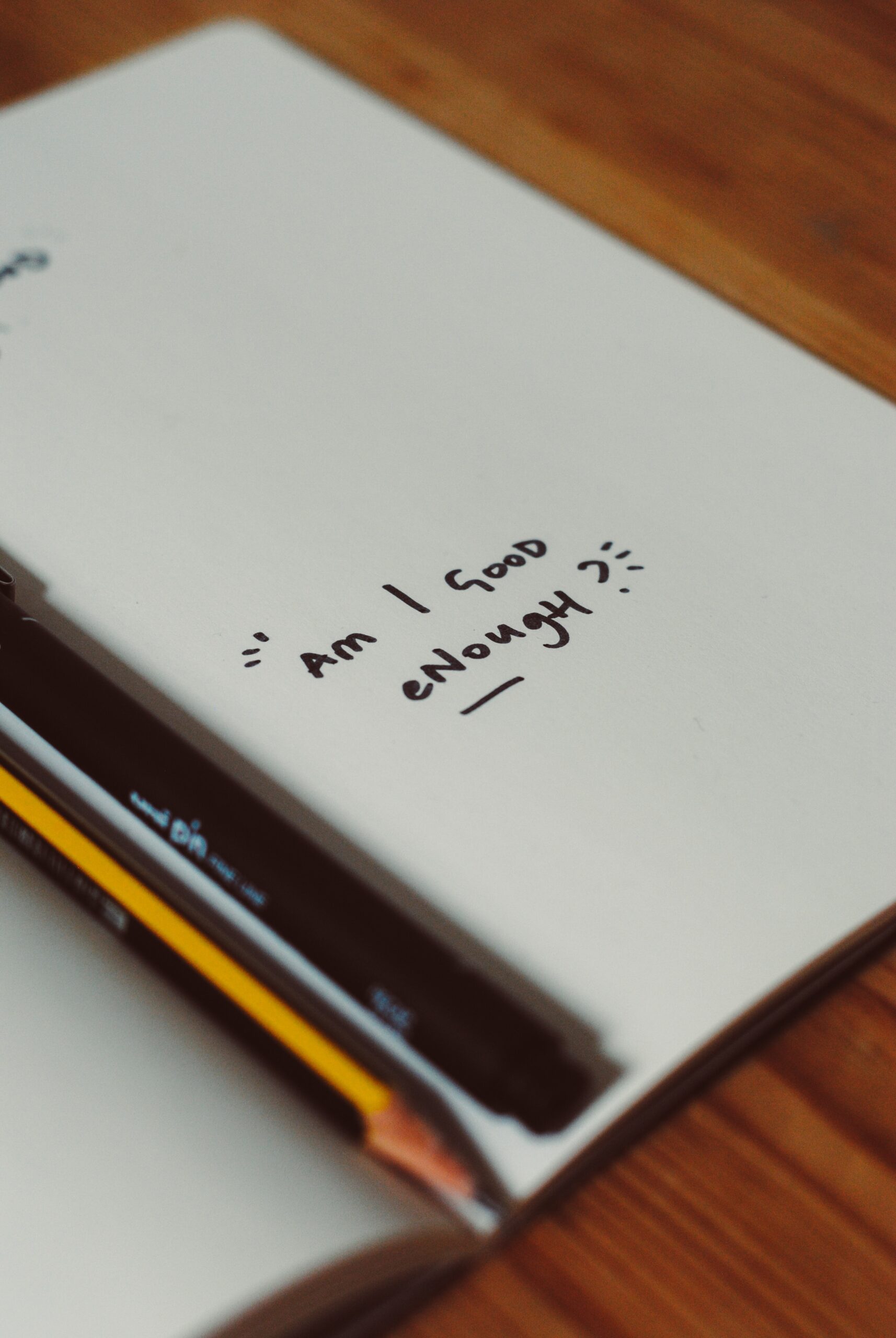For most of my time in school, one lesson held over in multiple classes: I, me, and my are strictly banned from academic writing. Outside of the odd creative writing assignment, my professors all voiced that same mantra. First person pronouns just simply aren’t done on an academic level. As such, I learned to phrase my writing accordingly. I, unfortunately, learned to hide the fact that the author is a person too. It makes my writing biased in an interesting way. While I never outright state “here are my thoughts”, they are threaded through my writing.
Kate McKinney Maddalena’s “I need you to say “I”: Why First Person Is Important In College Writing” furthers my point. First person pronouns serve an important purpose in writing. I admit to feeling vindicated in a very petty way as I read her article. An argumentative paper I had in an early English course couldn’t have “I, me, and/or my”. It didn’t make sense then, and though I’m older and have accepted that this is the way it is, privately, it still doesn’t. To argue a point is to have an opinion; opinions are rarely purely objective.
First Person In Research
I’ve come to find that research papers in journals or for class have the same issue. There are papers I’ve read that used statistics to very thinly mask biases or opinions the writers hold. Maddalena states as much. “When you’re taking a stance on an issue, though, first person just makes sense.” She’s entirely right. It’s glaringly obvious when authors are desperately voicing their opinions in the vaguest way possible.
A paragraph or two to voice my own opinions is something I dearly want. My preferred research often means I cite statistics and facts that are depressing or disheartening. Just once, I would love to follow-up a paragraph about LGBTQIA suicides with my own interjection. Albeit unprofessional, my conscience demands the disclaimer “It gets better. I was there, and I know.” Beyond that, it’s useful for separating my critiques from the theories I work with. Maddalena too is cognizant of this fact too. “Being vague gets in the way of clarity” she subtly states matter-of-factly, a plea and an assertion.
Class Homepage: https://eng2020.chrisfriend.us/
My Other Posts: https://eng2020.chrisfriend.us/blog/why-study-writing/fieldsna/can-you-teach-general-writing/, https://eng2020.chrisfriend.us/blog/literacy/multiple-literacies/fieldsna/dissecting-discourse-and-discourse-communities-an-analysis/




Leave a Reply